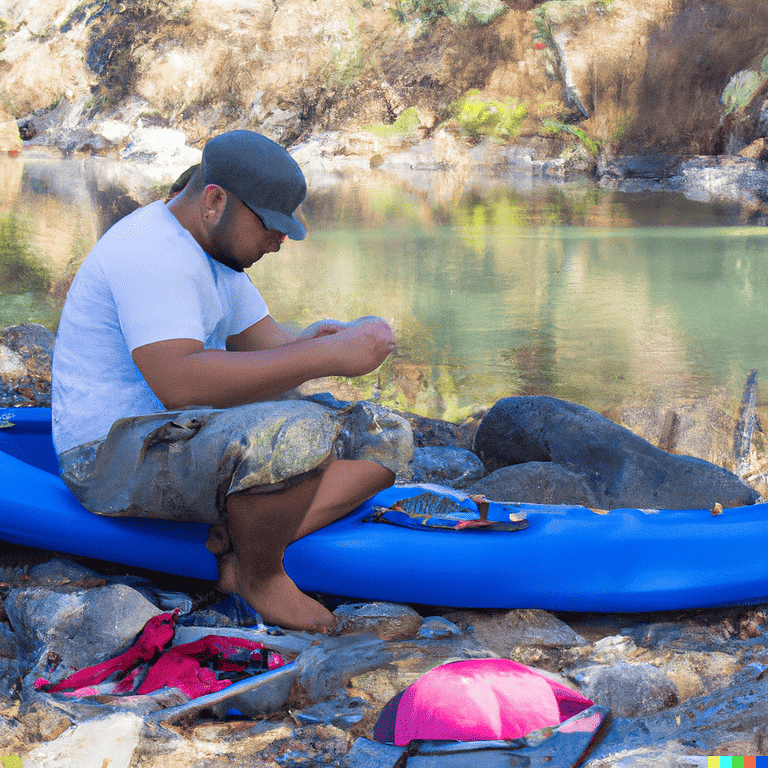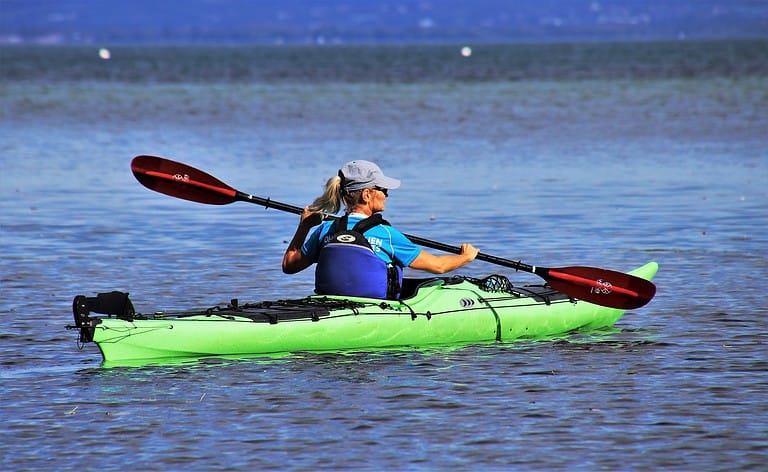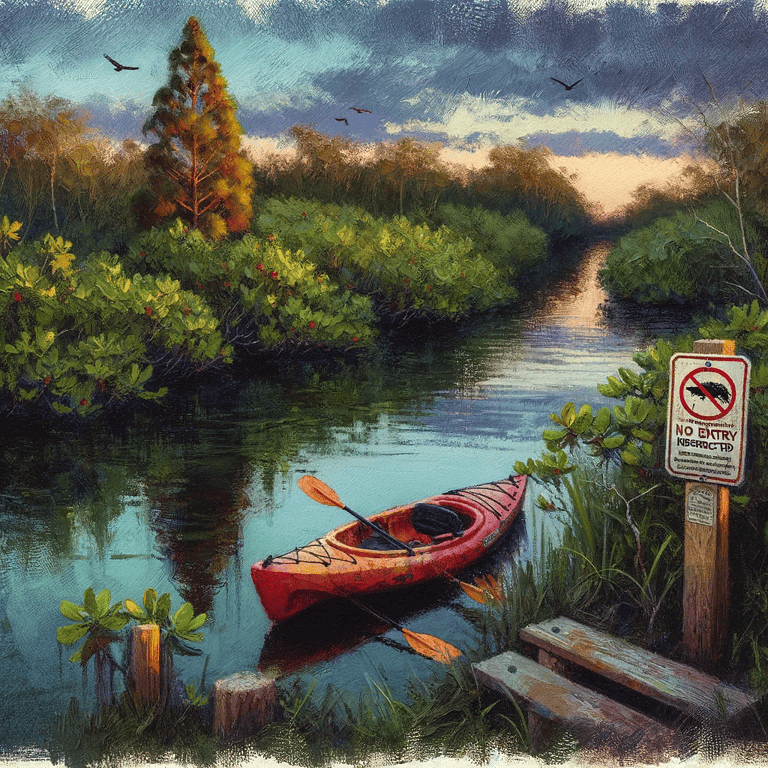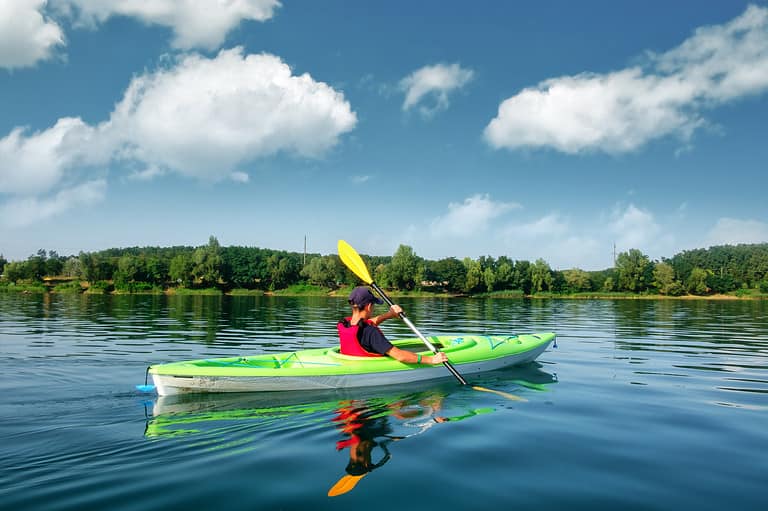Emergency Preparedness: Learn How to Handle Capsize or Medical Emergencies & Stay Safe
As a boat owner, being prepared for any emergency is important. Knowing what to do in case of an emergency, such as a capsize or medical emergency, can mean the difference between life and death. It’s essential to understand Emergency Preparedness and the risks associated with boating and develop an emergency plan that will help you stay safe on the water. Having the right equipment is also key when it comes to being prepared for emergencies. Finally, practice makes perfect – so ensure you’re familiar with your safety gear and know how to use it in an emergency.
Understand the Risks and Emergency Preparedness
Being aware of potential risks can help you stay safe when out on the water, so it’s important to understand them! Before heading out, it’s essential to recognize warning signs that could indicate dangerous weather patterns, and assess the terrain to be able to plan for a safe return. This means paying attention to currents in addition to any obstructions, such as rocks or shallow areas. Knowing how long your trip will take also helps you anticipate changes in weather conditions. Having an idea of what is at stake can help prepare you for any emergency situation that may arise. Preparing yourself mentally and physically before going out will go a long way in helping ensure everyone’s safety. With this knowledge under your belt, you’ll be ready to develop an emergency plan for when times get tough.
Develop an Emergency Plan

Having a plan in place is essential for any unexpected situation. This is especially true when it comes to emergency scenarios, such as capsizes or medical emergencies. Before an emergency occurs, it’s important to learn first aid and know the locations of nearby hospitals or other healthcare providers. Being aware of the potential risks will help you create an effective and comprehensive plan that can be used in case of an emergency. As part of this plan, have family members memorize emergency contacts so they can be contacted quickly if needed.
Additionally, review safety instructions with all family members involved in water activities regularly to ensure everyone understands what needs to be done if there is an emergency. By taking the time now to build an effective plan, you will be more prepared if something unexpected ever happened. With a well-thought-out plan in place, you can rest assured, knowing that your family will have the best chance of staying safe during unforeseen events. And with the right equipment and supplies on hand, you’ll be even better equipped for whatever might come your way.
Have the Right Equipment
You’ll be so much better off if you make sure to equip yourself with the right gear for water activities – did you know that 85% of boating fatalities are due to drowning? Make sure you have all the items necessary for a safe and enjoyable experience on the water. Here’s what you should consider packing:
- A first aid kit, including basic medical supplies such as bandages, antiseptic wipes, and aspirin.
- Proper safety equipment such as life jackets and flares.
- Necessary tools for maintaining your boat in case of an emergency. The right equipment can help ensure you’re prepared in an emergency. It’s also important to maintain your boat regularly and remain aware of changing weather conditions while out on the water. By being prepared beforehand, it can help give you peace of mind when heading out onto the open waters. Additionally, it’s essential to practice safety protocols when engaging in any water activity – this could mean wearing a life jacket or following certain navigation rules depending on your location.
Be Prepared and Practice
It’s always smart to be proactive and practice safety protocols when engaging in water activities, as even the most experienced boaters can find themselves in unexpected situations. Preparing for emergencies is essential, and a backup plan is key. Practicing drills such as what to do if your boat capsizes or someone has a medical emergency can help you stay calm and react quickly if an emergency does occur. Knowing how to use safety equipment like life jackets, flares, and radios can also be beneficial in an emergency. Taking the time to practice these drills with your crew will ensure that everyone knows what to do if something goes wrong on the water. Having a plan of action ready ahead of time will give you peace of mind while out on the water and make sure that everyone stays safe during any unexpected events.
Frequently Asked Questions
What should I do if I’m alone and experience an emergency?
If I’m alone and experience an emergency, it’s important to stay calm and remember my emergency plan. It’s easy to panic in the face of danger, but having a plan helps me know what steps I need to take next. Knowing what do can help me make the best decisions quickly and confidently, while also helping me keep myself safe. Having an emergency plan is key for dealing with any situation that may arise.
How do I know if I have the right equipment for an emergency?
When it comes to emergencies, having the right equipment on hand is essential. The best way to ensure you are prepared for any situation is by creating an emergency kit with the necessary items, such as a flashlight, first aid supplies and a portable radio. You should also be familiar with safety protocols for different emergencies to respond quickly if needed. Knowing what to do in any given situation can help keep you safe and give you peace of mind that you are well-equipped to handle an emergency.
What should I do in a remote area and experience an emergency?
If I’m ever in a remote area and experience an emergency, I’ll need to remain calm and signal for help. It’s essential that I think carefully before taking any action, as staying safe will be my top priority. To maximize my chances of getting assistance as quickly as possible, I should look for ways to attract attention such as shouting or using a whistle; if possible, I should also set off flares or other signaling devices. Preparing ahead is key: it’s important to ensure that you’re carrying the necessary equipment with you at all times so that you can respond accordingly in an emergency.
How do I identify the risks associated with different types of emergencies?
When it comes to emergency planning, risk management is key. Identifying the risks associated with different types of emergencies is essential in order to prepare properly and stay safe. It’s important to research these risks in advance so you know what precautions to take if an emergency occurs, such as having a first aid kit available or knowing evacuation procedures for certain areas. By researching the risks associated with various emergencies, you can have peace of mind that you are prepared for any situation.
What is the best way to practice for emergency situations?
I recently experienced first-hand how important it is to be prepared for an emergency situation. During a family vacation, our boat capsized in the middle of the lake. Thankfully, we had gone through safety drills and role-playing beforehand, so we knew exactly what to do. Practicing for emergency situations is essential; it can make all the difference between life and death. To get started, think of scenarios that could occur and practice with your friends or family members. Role play different responses to these scenarios, and don’t forget to practice safety drills as well. Being prepared for any emergency situation is critical–it could save you from harm or even worse!
Conclusion
When it comes to being prepared for emergencies, it’s like having an extra layer of protection. It’s like having a safety net that you can rely on when things take a turn for the worse. Taking the time to understand risks, develop an emergency plan and have the right equipment will give you peace of mind knowing that you’re ready should something happen. I encourage everyone to take some time to practice and review their emergency plans so they can be confident in responding if ever faced with an unexpected situation. Being prepared isn’t just about thinking ahead—it’s also about staying safe in the moment.
As a boat owner, it’s important to be prepared for any emergency that may arise. Knowing what to do in case of an emergency, such as a capsize or medical emergency, can mean the difference between life and death. Understanding the risks associated with boating is essential and developing an emergency plan that will help you stay safe on the water. Having the right equipment is also key when it comes to being prepared for emergencies. Finally, practice makes perfect – so ensure you’re familiar with your safety gear and know how to use it in an emergency.







